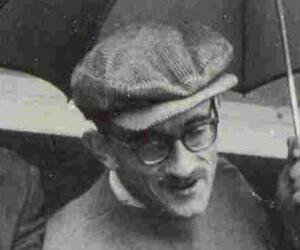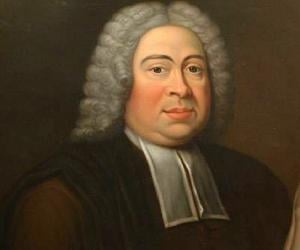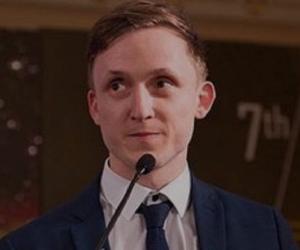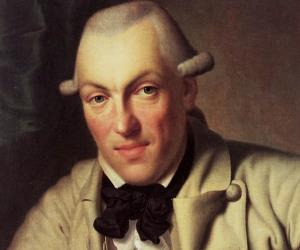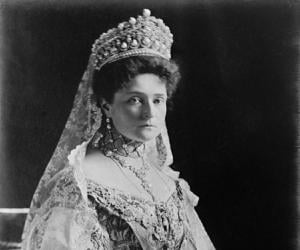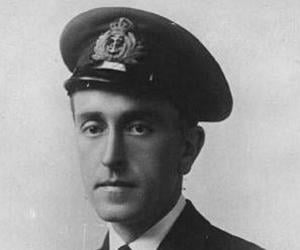

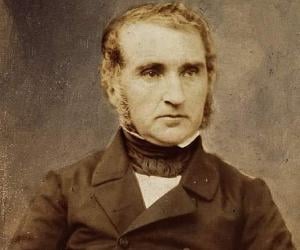
German chemist Justus von Liebig is best known for his research on organic compounds and his contribution to biochemistry and agriculture. The Copley Medal-winning scientist initially studied pharmacy but later switched to chemistry. As a professor, he stressed on laboratory-based teaching of chemistry and separating it from pharmacy, opposing traditional methods.
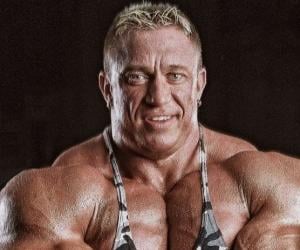
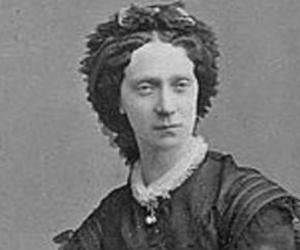
Maria Alexandrovna of Hesse was the daughter of Prince Hereditary Ludwig of Hesse and Princess Wilhelmine of Baden. She was the first wife of Russian Emperor Alexander II. She was a co-founder of the Russian Red Cross and established Russia's first all-female schools. She also helped her husband end serfdom in Russia. She suffered from tuberculosis and died in 1880.

August Kekulé was a German organic chemist. Regarded as one of the most important chemists in Europe, Kekulé is credited with founding the theory of chemical structure, including the Kekulé structure of benzene. Kekulé is also credited with teaching future Nobel Prize winners, Jacobus Henricus van 't Hoff Jr., Hermann Emil Louis Fischer, and Johann Friedrich Wilhelm Adolf von Baeyer.
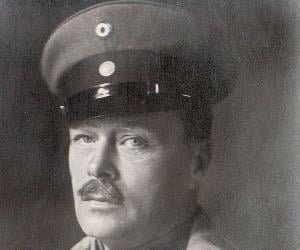
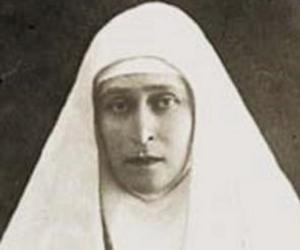
Princess Elisabeth of Hesse and by Rhine was a princess of the House of Hesse-Darmstadt and one of the granddaughters of Queen Victoria. She later married Grand Duke Sergei Alexandrovich of Russia and became well-known for her philanthropic activities. Following her husband’s murder, she became a nun and established a Moscow-based convent.
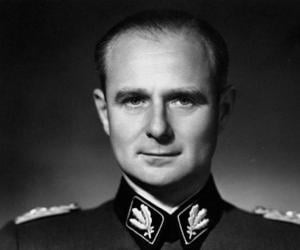
Karl Wolff was a German SS official during World War II. By the end of the war, Wolff was serving as the Supreme SS and Police Leader in Italy, where he played a major role in bringing the war to an end sooner than in the rest of Europe. Wolff was prosecuted in 1962 for the deportation of Italian Jews.
Alexandra Feodorovna, wife of Emperor Nicholas II, was the last Russian tsarina and reigned from 1894 to 1917. She suffered from hemophilia. Alexandra and her entire family were murdered by the Bolshevik revolutionaries. In 2000, the Russian Orthodox Church canonized her as Saint Alexandra the Passion Bearer.

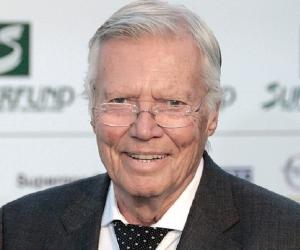
Karlheinz Böhm was an Austrian-German philanthropist and actor. He is best remembered for playing a psychopathic named Mark in the 1960 British psychological horror-thriller film Peeping Tom. In 2003, the Ethiopian government honored Karlheinz Böhm with honorary citizenship for his work as the founder of an organization named Humans for Humans, which aims at helping Ethiopian people in need.
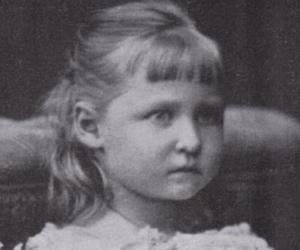

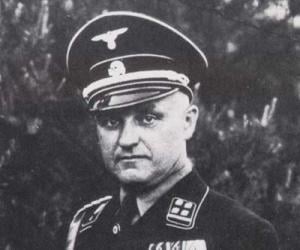
Karl-Otto Koch was a German military officer who served in the Nazi regime's paramilitary organization Schutzstaffel (SS). Koch was the first commandant of the concentration camps at Sachsenhausen and Buchenwald. As the commandant of Majdanek in occupied Poland, Koch stole huge amounts of money and valuables from murdered Jews.
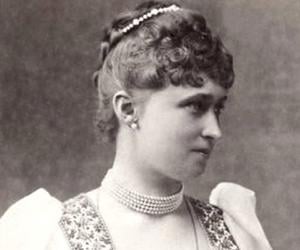
The third daughter of Louis IV, Grand Duke of Hesse and by Rhine, and Princess Alice of the UK, Princess Irene lost 2 of her sisters, Ella and Alix, to the Bolsheviks. She and her husband, Prince Henry of Prussia, were named The Very Amiables, because of their polite nature.
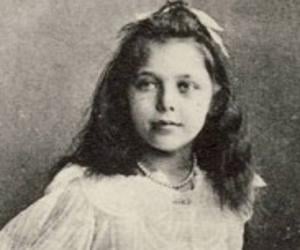
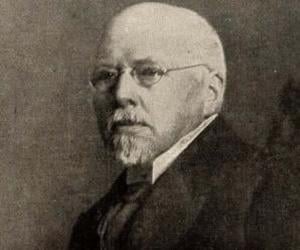
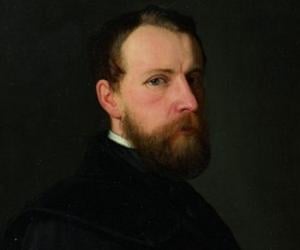
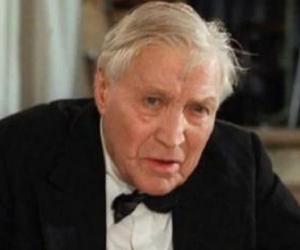
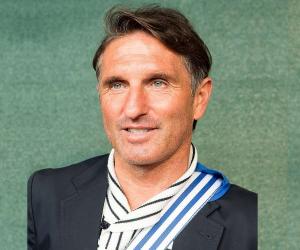
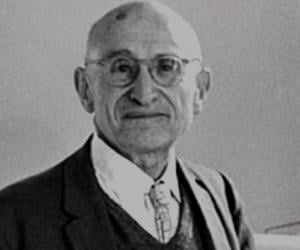
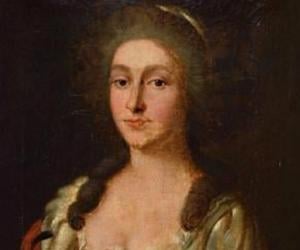
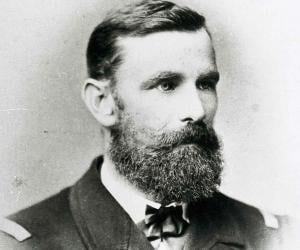
Karl Weyprecht was an Austro-Hungarian explorer. He served as an officer in the Austro-Hungarian Navy and played an important role in the Austro-Sardinian War. He also achieved popularity as an Arctic explorer and co-led the Austro-Hungarian North Pole Expedition of 1872-1874 along with Julius von Payer. In 1875, Karl Weyprecht was honored with the prestigious Royal Geographical Society's Gold Medal.
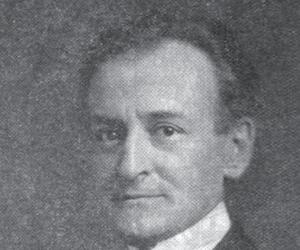
German conductor Karl Muck had started performing at piano events by 11. He continued pursuing his passion for music while also earning a PhD in classical philology. One of the greatest interpreters of Wagner ever, he was also associated with the Boston Symphony Orchestra and the Hamburg Symphony Orchestra.
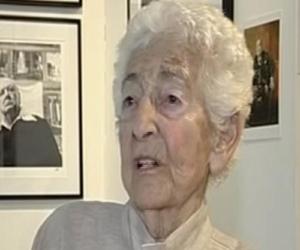
Elsbeth Juda was a British photographer best remembered for her pioneering fashion photographs. Juda is also remembered for her work as photographer and associate editor for The Ambassador magazine, where she worked between 1940 and 1965. A portraitist, Elsbeth Juda is also credited with photographing several British artists like Henry Moore, Graham Sutherland, Sir Peter Thomas Blake, and Kenneth Armitage.
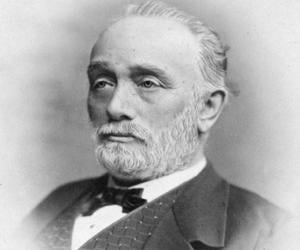
Ludwig Büchner was a German philosopher, physiologist, and physician. He was one of the exponents of 19th-century scientific materialism. He studied at the University of Strasbourg, the University of Würzburg, and the University of Vienna before becoming a lecturer in medicine. As an exponent of scientific materialism, he founded the "German Freethinkers League" ("Deutsche Freidenkerbund") in Frankfurt.

